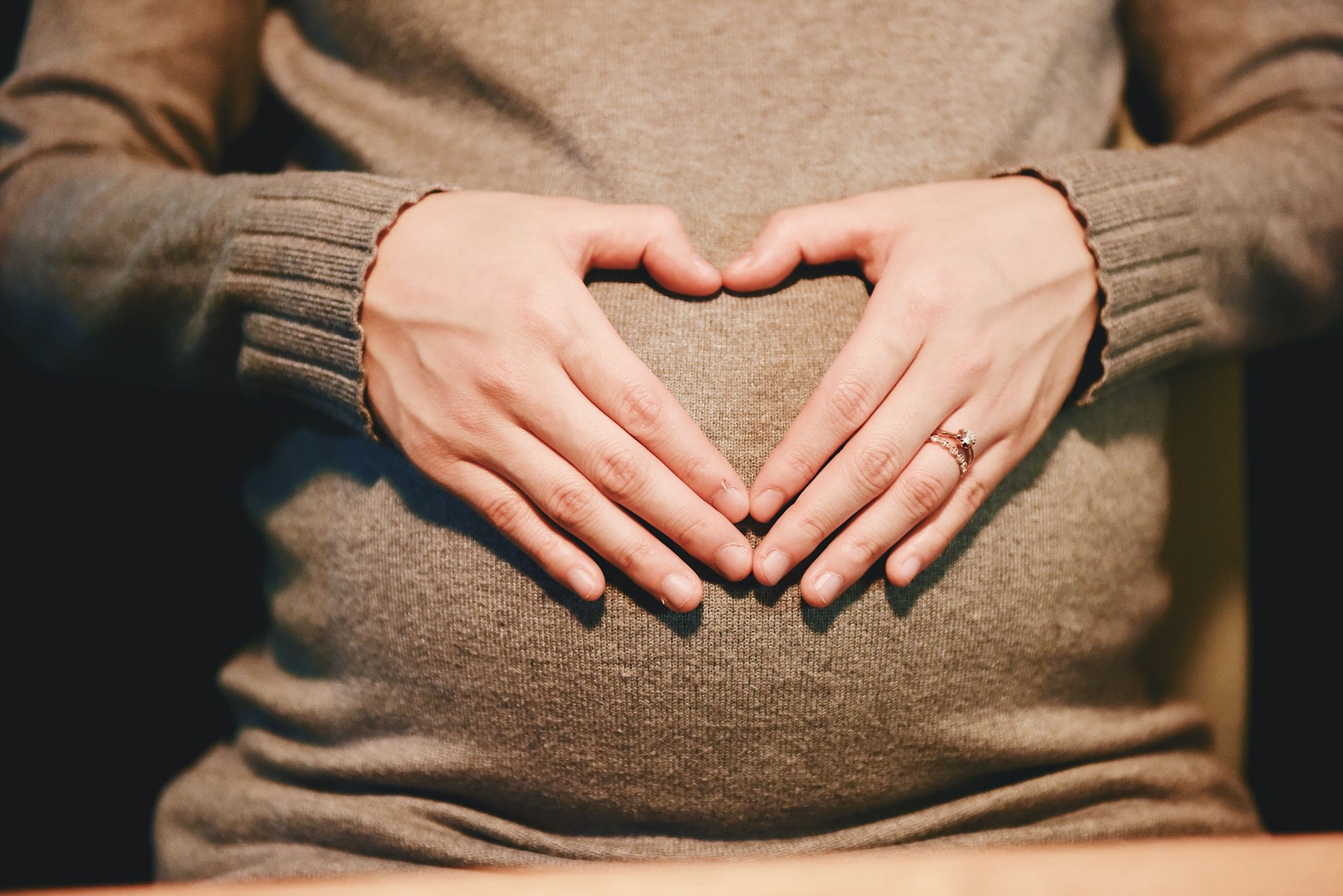
Motley Fool once asked, “Are Pregnant Women Eligible for Unemployment?” and as with most unemployment questions, the answer is that “it depends.”
Generally speaking, when a person separates from your organization through no fault of their own, absent misconduct, and if they are available and eligible to work, the state may determine that unemployment benefits are available to that person. Unemployment benefits, which are capped at a certain weekly dollar amount and total number of weeks — depending on your state’s regulations — are designed to replace about half of what an employee was making per week before they were unable to work. This form of assistance was designed for unemployed workers as a means of getting through a temporary period of involuntary employment.
The issue of being available for and actively seeking work will arise in a pregnancy leave scenario:
- If a physician says that time off from work is required, the person on leave is likely not in a condition to be available for and actively seeking work. Since that person can’t work based on doctor’s advice, eligibility for unemployment will be disqualified because the individual is unavailable and unable to actively seek work.
- If the pregnant employee takes a leave or quits due to pregnancy, a compelling reason such as medical inability to perform physical labor (per a physician’s orders) must be shown for her to collect unemployment benefits. However, she still has to show that she is able and available for other work. If time off is taken, absent that showing, it would be considered personal and non-compelling and therefore unemployment benefits would not be available.
- If there is concern for the mother’s health and safety in performing work responsibilities, it’s possible benefits might be granted depending on a strong showing from the physician’s input. Again, in this case, she would have to be able and available for other work in order to collect benefits.
- If an employee takes a leave of absence due to pregnancy, has the child, and wishes to return to work but the employer does not have an available position (after the amount of leave time available per state or federal law is exceeded) then that person would be eligible for unemployment benefits if the doctor has now released her.
All this assuming the employee and/or the organization doesn’t qualify for federal or state FMLA (Family Medical Leave Act). That leave ensures the qualifying employee is guaranteed their same, or an equivalent position, upon return to work.
Another consideration is that in a number of states, a pregnant person on leave will be eligible for disability leave and entitled to disability benefits. CA and NJ are two such states. In those states, the unemployment office would instruct the person to file for disability benefits rather than unemployment benefits.



